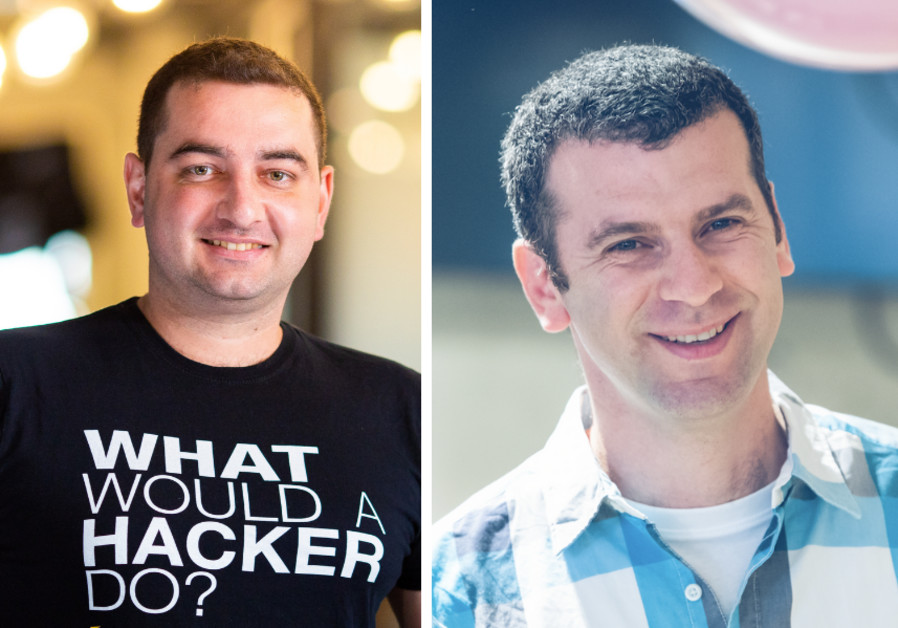Israel’s new government has set a target of increasing the number of workers in the hi-tech sector to 15% of the total workforce. That would be about 50% more than currently work in hi-tech.
Israel’s hi-tech sector employs about 334,000 people, according to the 2020 High-Tech Human Capital Report from the Israel Innovation Authority and Start-Up Nation Central. Israeli companies had 13,000 estimated open tech positions as of December 2020.
However, filling those positions is not easy, with 60% of Israeli hi-tech firms surveyed for the report saying that they have difficulty recruiting employees for
R&D positions. Hi-tech executives regularly complain that there are not enough qualified programmers and engineers available in Israel.
So what will it take for Israel to meet its ambitious goals?
Demi Ben-Ari, co-founder & CTO of security risk management company Panorays, says it won’t be a quick process. “If you want to define a goal like increasing hi-tech employees, you really need to focus on changing the pipeline from the beginning, as early as kindergarten,” Ben-Ari said. “If you set a timeframe of 5-10 years, you won’t see results. To increase the workforce by even 15% requires a radical change in how people are educated.”
While programmers now embrace what is called the “shift-left” methodology to test products earlier in the software development life cycle, Ben-Ari said that what is needed for a greater preponderance of hi-tech skills is a “shift-back” approach. “We need to start teaching kids the concepts of programming from age ten. When I was a kid, if I wanted to learn to code, I’d have to go out and buy a book. Now, everything is easily accessible, and there are online courses that are free.”
Ben-Ari is the organizer of several large online communities for developers with more than 6,500 members, and he says that increasing people’s exposure to such communities helps them learn more about the world of hi-tech. “There is a need to create a way of thinking and an infrastructure to bring the whole hi-tech agenda to a point,” he said, adding that a centralized national authority that would coordinate the various educational initiatives, professional training programs and developer communities, and relevant government offices would help push such an agenda forward.
Ben-Ari noted that the hi-tech sector’s needs go beyond technical skills, and that much of his company’s sales team is comprised of new immigrants from English-speaking countries who live in Anglo communities like Beit Shemesh and Jerusalem. “Speaking English on a native level makes it much easier to break into a hi-tech company,” he said.
Alon Vitan, director of personnel at OwnBackup, a cloud data protection platform for Salesforce, has several ideas of his own for the government to encourage interest in hi-tech. “First, I would start encouraging people to learn more about hi-tech while they are in high school,” he said. “There are a lot of organizations now that are helping women break into programming, and the army is a great training ground for some, but it would be better to start a few years earlier and expose them while they are still in school.”


